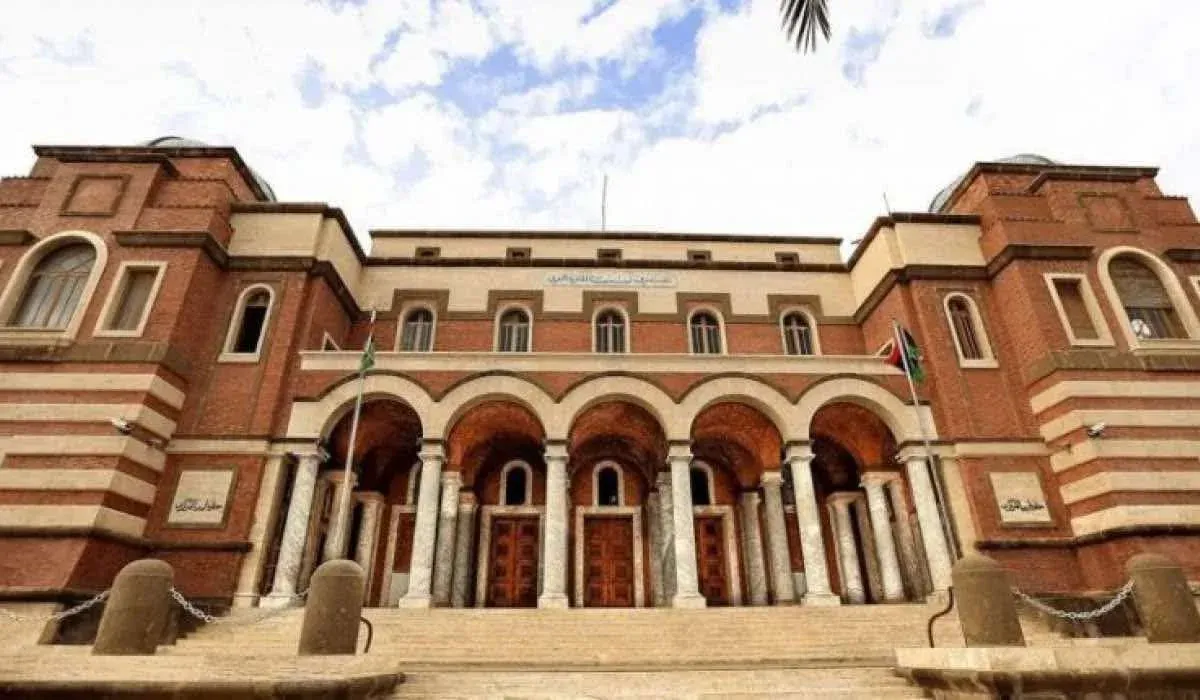Exclusive – Central Bank Issues Circular to Banks on Providing Branches with Necessary Cash, Especially in Areas Outside Tripoli
Our source has exclusively obtained a circular from the Central Bank of Libya addressed to commercial banks, instructing them to provide their branches—especially those located outside the city of Tripoli—with the necessary cash liquidity. The circular directed issuance departments in various cities to notify their respective branches and confirmed that the Issuance Department and its affiliated offices are fully prepared to supply additional cash shipments to all regions and cities across Libya.
The Central Bank also called on the heads of the regional branch departments of commercial banks in the Central Region, including:
National Commercial Bank, Sahara Bank, Wahda Bank, Jumhouria Bank, and North Africa Bank,
as well as the heads of private banks in the same region, namely:
Arab Islamic Investment Bank, Waha Bank, Libyan Islamic Bank, Al-Mutawaset Bank, Nuran Bank, National Union Bank, Aman Bank, Andalus Bank, Bank of Commerce and Development, United Bank, Tadamon Bank, Al-Yaqin Bank, and Al-Sarrai Bank for Trade and Investment,
to submit their requests for the necessary cash liquidity to meet the needs of their branches.
The circular further instructed the managers of commercial bank branches in the Southern Region to urgently contact their regional administrations to obtain their required cash supplies.
Additionally, the Central Bank requested that the managers of branches in the Western Mountain Region, including National Commercial Bank, Jumhouria Bank, Wahda Bank, and North Africa Bank, submit proposals specifying the liquidity amounts needed to meet their branches’ demands as soon as possible.














